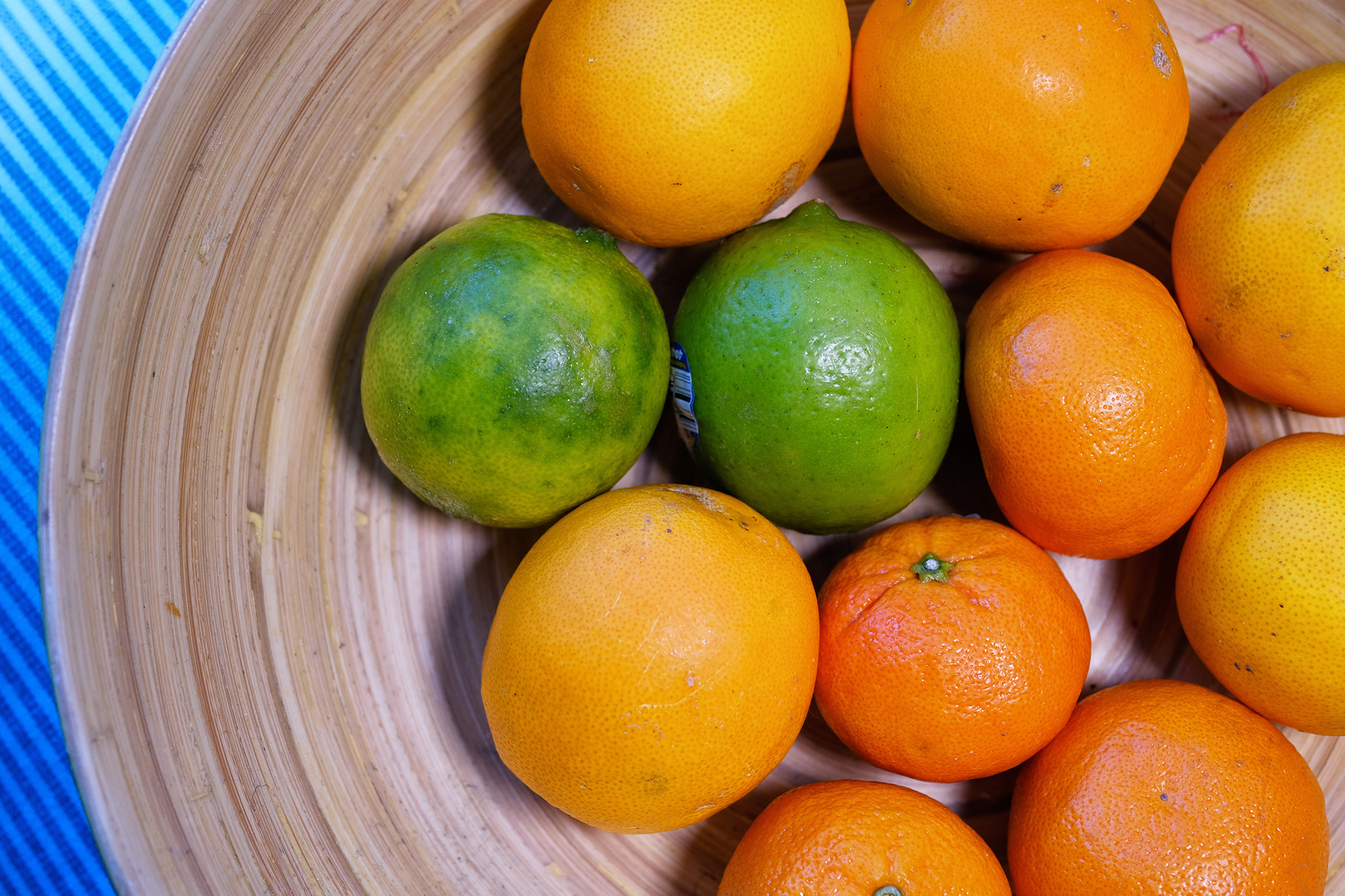Not surprisingly, I’ve recently seen a lot of writing about boosting your immunity to avoid getting sick from the Coronavirus (and really from any bug for that matter).
There are quite a few things that are said to improve one’s immunity, including many nutrients and lifestyle choices. Vitamin C – a water soluble vitamin and a potent antioxidant is one of those nutrients. But, will taking a vitamin C supplement prevent me from getting sick?
 Vitamin C does play a great role in the functioning of the immune system, supporting various cellular functions of both the innate and adaptive immune systems. It enhances epithelial barrier functions (think skin, the lining of your mouth, lungs, etc.), and is needed in the functioning of various white blood cells. Deficiency in this vitamin predisposes us to getting sick, and being sick causes us to use more vitamin C than usual. One article summarizing research on vitamin C states “supplementing with vitamin C seems to be able to both prevent and treat respiratory infections”. (1)
Vitamin C does play a great role in the functioning of the immune system, supporting various cellular functions of both the innate and adaptive immune systems. It enhances epithelial barrier functions (think skin, the lining of your mouth, lungs, etc.), and is needed in the functioning of various white blood cells. Deficiency in this vitamin predisposes us to getting sick, and being sick causes us to use more vitamin C than usual. One article summarizing research on vitamin C states “supplementing with vitamin C seems to be able to both prevent and treat respiratory infections”. (1)
However, this might not be true across the board. In prevention of respiratory tract illnesses, vitamin C has been found to reduce the incidence of the common cold for those with inadequate vitamin C status, and for people undergoing high physical stress, like athletes and soldiers (1,2). As for the general population, supplementing vitamin C has not been supported by research to reduce the incidence of colds (2). Of course, past research is not 100% applicable to the current Coronavirus as it is such a new phenomenon, but it is a virus that causes respiratory illness nevertheless.
Smokers, the elderly, people with diabetes and people living in highly polluted areas are more at risk for deficiency, and hospital patients in general tend to have lower blood levels of vitamin C (1,2).
In summary, taking a supplement is probably not helpful for most people, but it seems it would be prudent to ensure daily adequate vitamin C intake, especially for those, who are in the risk groups for vitamin C deficiency/inadequacy, and perhaps for those who are sick. Thankfully, it is quite easy to get plenty of vitamin C from food so most people shouldn’t need to take a supplement in any case. Even though vitamin C toxicity is very rare and taking a supplement has a very low risk of being harmful (2), please do discuss with your doctor if you decide to take a supplement, as it is not appropriate for everyone – especially those with renal impairment need to be careful (3).
This is how much you need every day:
RDA (Recommended Dietary Allowance) for vitamin C (United States)
| Male (mg) | Female (mg) | |
| 0-6 months | 40 | 40 |
| 7-12 months | 50 | 50 |
| 1-3 years | 15 | 15 |
| 4-8 years | 25 | 25 |
| 9-13 years | 45 | 45 |
| 14-18 years | 75 | 65 |
| 19+ years | 90 | 75 |
| Pregnancy | 85 | |
| Lactation | 120 |
+35 mg per day for smokers
Interestingly, other countries may have different recommended intakes. Also, body size affects needs, though no recommendations currently exist for overweight or obese persons. Currently there is no reliable way to measure adequate vitamin C levels in the body (4).
And here is a list of foods high in vitamin C:
| Food | Milligrams (mg) per serving |
| Red pepper, sweet, raw, ½ cup | 95 |
| Orange juice, ¾ cup | 93 |
| Orange, 1 medium | 70 |
| Grapefruit juice, ¾ cup | 70 |
| Kiwifruit, 1 medium | 64 |
| Green pepper, sweet, raw, ½ cup | 60 |
| Broccoli, cooked, ½ cup | 51 |
| Strawberries, fresh, sliced, ½ cup | 49 |
| Brussels sprouts, cooked, ½ cup | 48 |
| Grapefruit, ½ medium | 39 |
| Broccoli, raw, ½ cup | 39 |
| Tomato juice, ¾ cup | 33 |
| Cantaloupe, ½ cup | 29 |
| Cabbage, cooked, ½ cup | 28 |
| Cauliflower, raw, ½ cup | 26 |
| Potato, baked, 1 medium | 17 |
| Tomato, raw, 1 medium | 17 |
| Spinach, cooked, ½ cup | 9 |
| Green peas, frozen, cooked, ½ cup | 8 |
—

So, in order to get enough vitamin C in your diet, make sure you eat plenty of fruit and vegetables.
Stay strong,
Anna-Kaisa
References:
- Vitamin C and Immune Function. (Carr and Maggini 2017) https://www.ncbi.nlm.nih.gov/pmc/articles/PMC5707683/
- National Institutes of Health. Vitamin C. https://ods.od.nih.gov/factsheets/VitaminC-HealthProfessional/#en12
- Is it possible to take too much vitamin C? Zeratsky, RD. MAYO Clinic. https://www.mayoclinic.org/healthy-lifestyle/nutrition-and-healthy-eating/expert-answers/vitamin-c/faq-20058030
- Discrepancies in global vitamin C recommendations: a review of RDA criteria and underlying health perspectives (Carr, Lykkesfeldt 2020) https://www.tandfonline.com/doi/full/10.1080/10408398.2020.1744513
